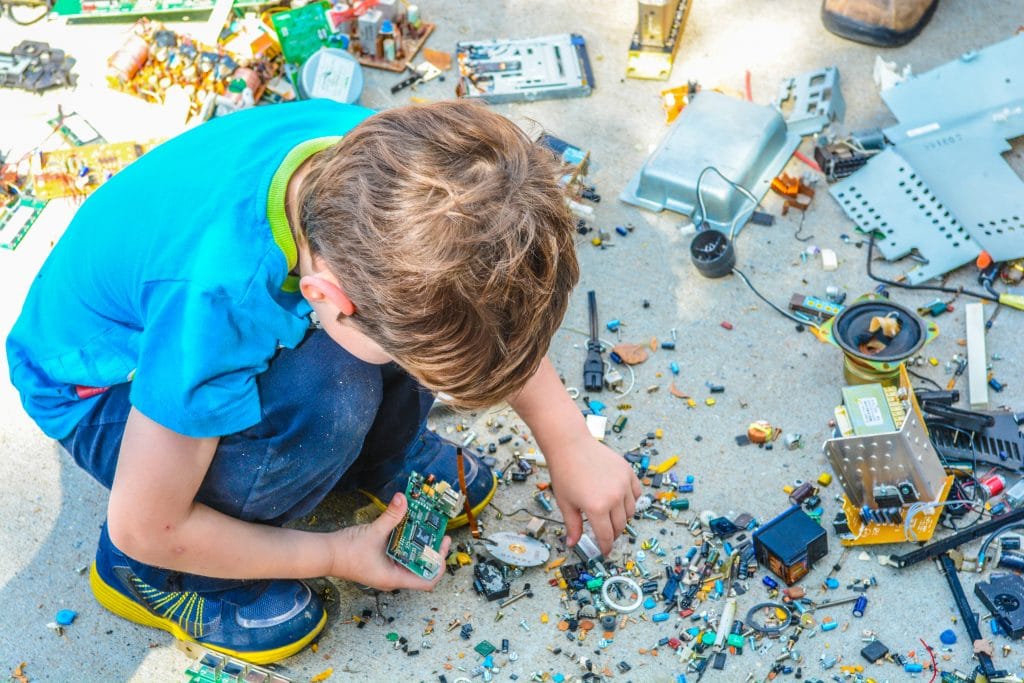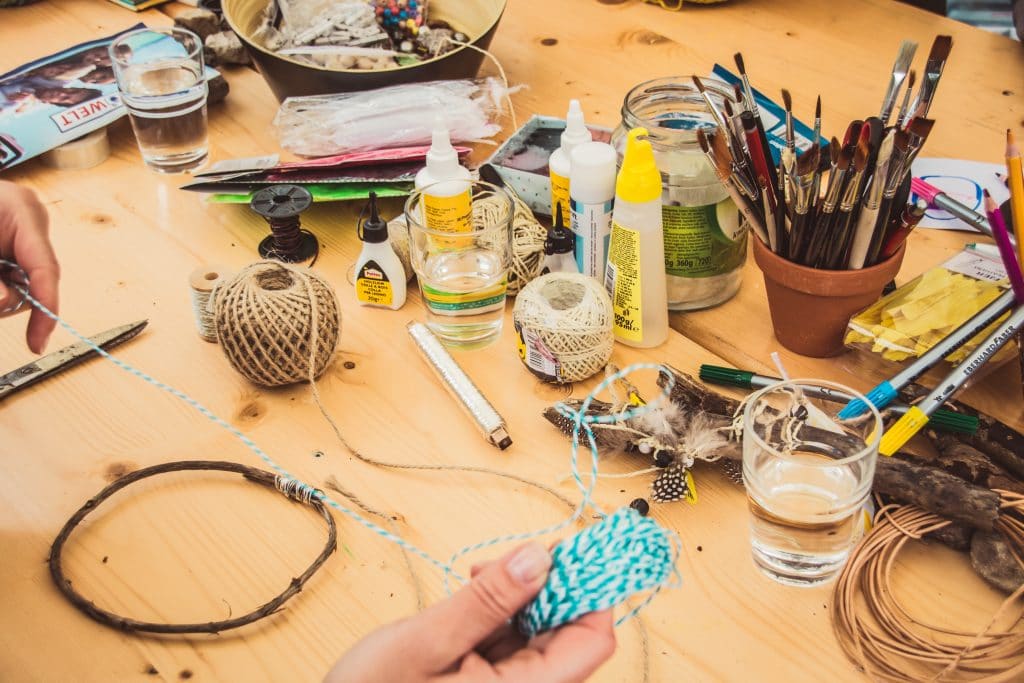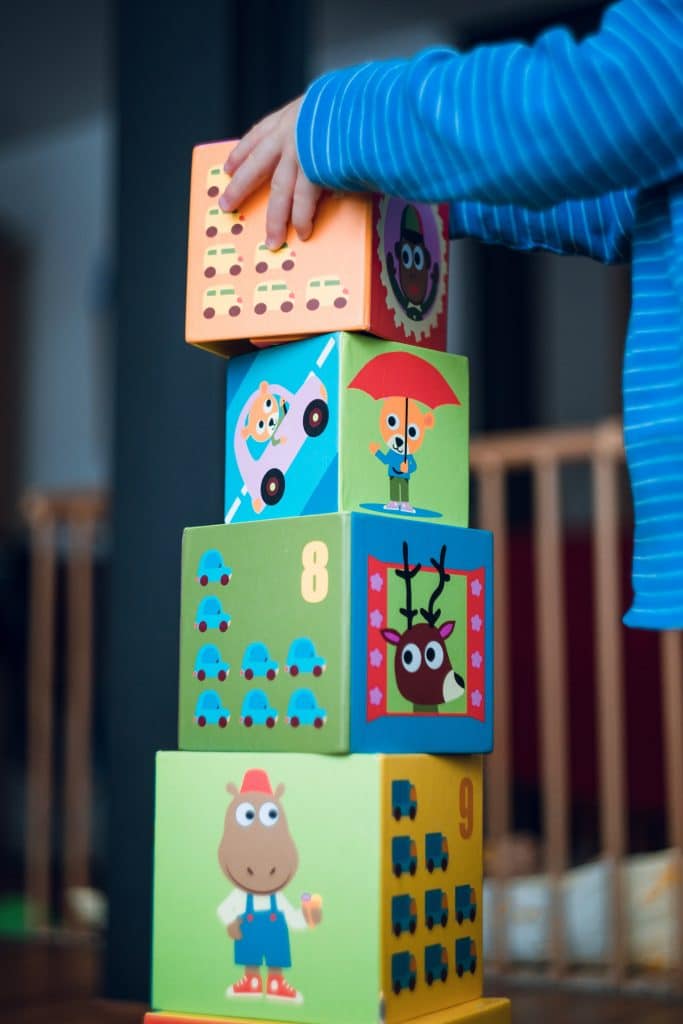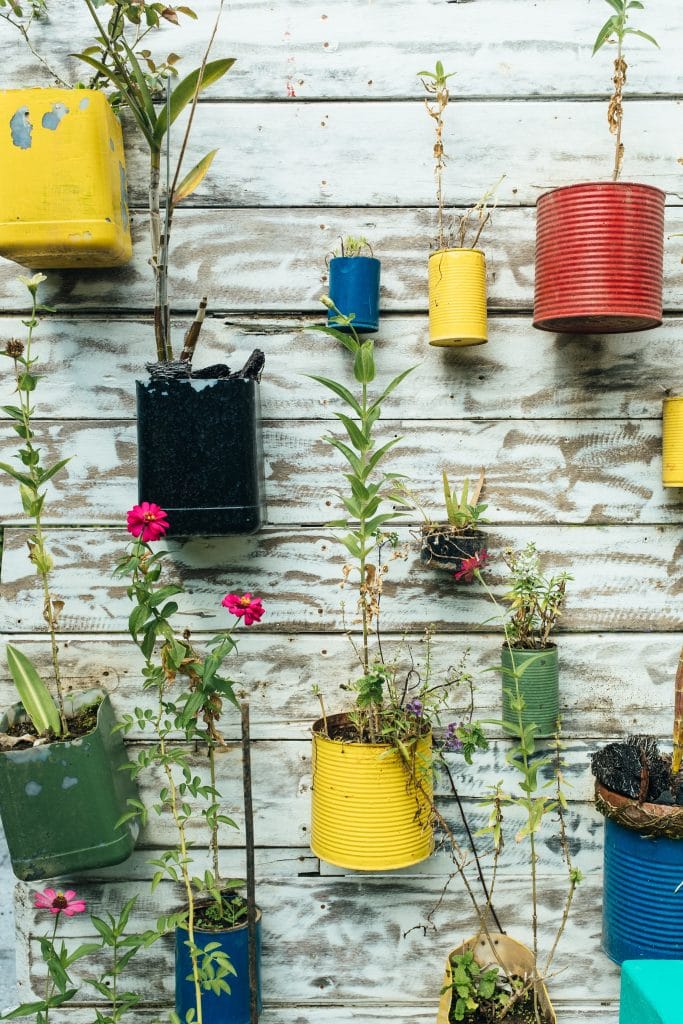Funded by the European Union’s Horizon 2020 programme, POP-MACHINA is a project born from the idea to demonstrate the potential and relevancy of both the maker movement and collaborative production to progressively implement a necessary circular economy model at the European scale. Engaging various organisations and communities across 7 different countries within the next 4 years, the objective of POP-MACHINA is to enhance, support and monitor Circular Maker Communities in these 7 pilot areas.


Officially launched on 25 June 2019 in Leuven, Belgium, POP-MACHINA intends, through implementing an elaborate community engagement programme, to encourage and support existing maker communities while helping create new ones in Leuven (BE), Istanbul (TR), Kaunas (LT), Piraeus (GR), Santander (ES), Thessaloniki (GR) and Venlo (NL).
Relying on cutting-edge technologies – factory of the future, block chain, etc. – and disciplines – urban planning, architecture, design – POP-MACHINA identifies the areas the more in need for intervention. Once identified, the project contributes to reconfiguring unused spaces and providing the support required to overcome scaling issues. The idea is also to contribute to enhancing community engagement and connection by helping gather education providers and makers. By bringing them together, POP-MACHINA aims to set up and empower communities of makers who are willing to follow the key principles of circular economy, thus fostering social inclusion, making cities more sustainable and promoting a policy dialogue on the framework conditions for circular collaborative production.
Within each pilot area, POP-MACHINA will gather evidence of the power of circular maker communities and demonstrate business-oriented collaborative production of products and services from secondary raw material or other sustainable inputs, based on the needs and preferences of the local stakeholders. A thorough impact assessment framework with increased scope (e.g. attention to social factors) will be co-designed with stakeholders after short basic assessment trainings and will be used in the assessment of the pilot work. Based on the findings, the project will feature a series of policy events to openly discuss the tax and legal barriers that hamper collaborative production in European cities.


Hub for local and global innovation, the Institute for Advanced Architecture of Catalonia (IAAC), through the pioneering activities of its Fab Lab Barcelona, has progressively become a center for European investigation, developing more than 15 European projects currently. First Fab Lab in Europe, Fab Lab Barcelona has quickly positioned itself at the forefront of innovation and exploration when dealing with design and circular economy related issues.

Photo credits (in order of appearance)
